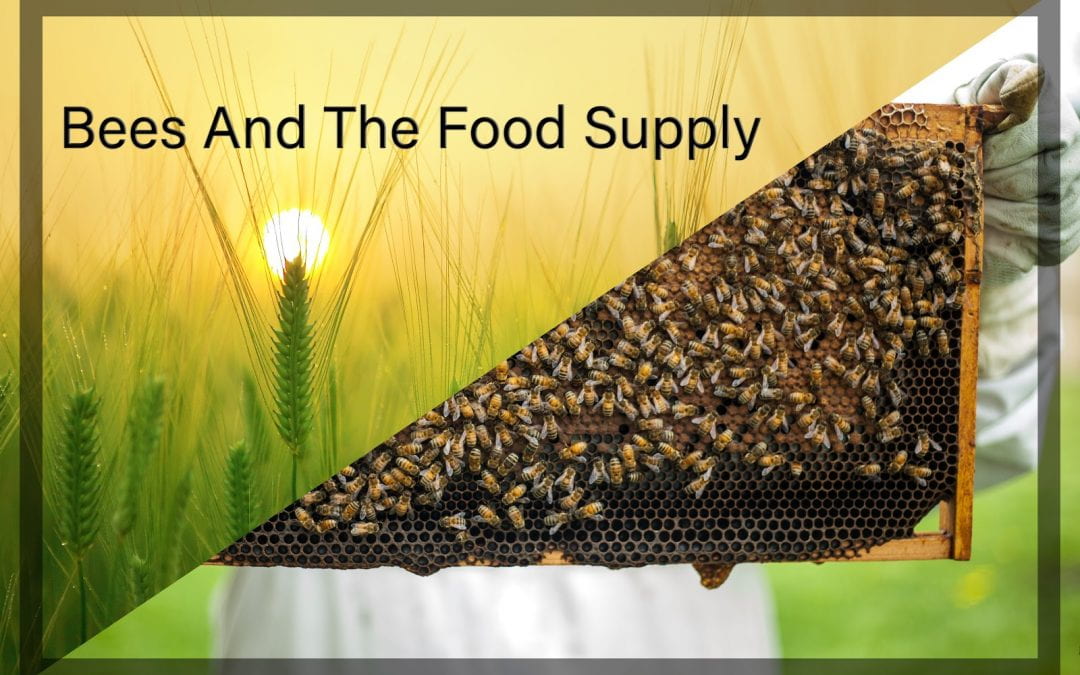Honey bees are the only domesticated pollinator species in the world and are very important to our diet. They are responsible for approximately 1/3 of all food production while also being the primary pollinator for 80% of flowering crops. Also, fields pollinated by honey bees have increased yields, making them economically very important to farmers, as a bumper crop means more crop to sell. In 2016, the worth of crops bees pollinated was worth between 235-577 billion dollars. And some crops depend entirely on rented hives to pollinate and produce the edible bits we eat, like almonds, which requires roughly 60% of the entire US bee supply.
This means that commercial beekeepers have since moved away from honey production to field pollination as their mains source of income, which is valued as being 10-20 times more economically valuable than honey and wax production combined. Essentially, you can call a beekeeper and get a rent-a-hive. So not only are bees important for supermarket consumers but also basically the entire agricultural center of most countries. Without these little fuzzy friends, we would be without quite a bit of food, including livestock grain, but a lot of people would also lose their jobs because of failed harvests. So it is imperative to ensure that bees of all species are protected from theft, destruction, disease, and colony collapse disorder, so always bee Aware of your actions.
Do you or someone you know keep bees? We want to hear your story! Pace University’s Pace Docs crew is in the process of producing a documentary about Urban Beekeeping, the latest in a series of award-winning environmentally and culturally relevant documentaries from our department. Contact us at paceudocs@gmail.com. And follow us on Instagram, Facebook, Twitter, and Tik Tok for more content!

